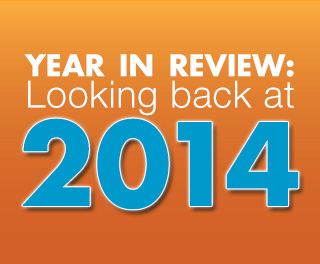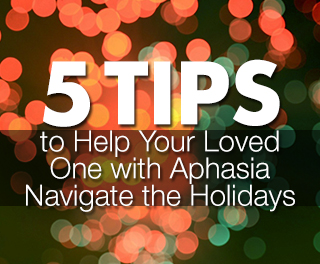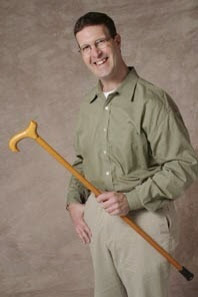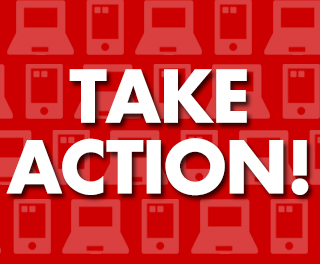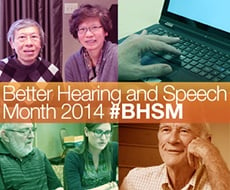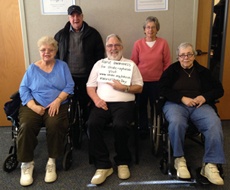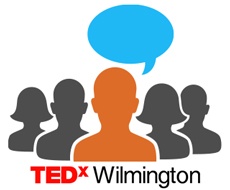It seems like just yesterday I was preparing 2013’s year-in-review blog post and planning for 2014. What a year it’s been! As it turns out, we saw a lot of changes to our industry in the past year – from speech-generating device coverage reminders to capped rental to the expansion of the online therapy world. As we close the year, we look forward to building new relationships, expanding our offerings, and adding additional resources to help clinicians, individuals, and their caregivers.
Our SmallTalk Communication and Practice Apps are an important part of your communication and speech practice! We realized software bugs are causing two issues: videos to freeze and content to disappear.
Tis the season to be jolly! The holiday season is in full swing all across the country, and you might be feeling stressed about taking care of your loved one with aphasia. This season is the perfect time to practice language and communication skills with your loved ones. In fact, parties, shopping, and opening holiday cards all offer a unique opportunity to work with your loved one re-building speech skills. Here are a few tips for making the holidays merry with your loved ones with aphasia.
By Herb Silverman
Writing my blog, Unmistakably Herb, hwsilverman.wordpress.com, over the last several months, one of the post I published was so intriguing that it continues to ponder and persuade me even still. The article was called "Build The Excitement Anyone Would Be Proud Of" and, at the end of the article, I scribbled these words:
Last week, former New Orleans Saints football player, Steve Gleason penned an op-ed inThe Washington Post about his journey with ALS. Gleason, who was diagnosed with Lou Gehrig’s disease in 2011, shares how he relies on a speech-generating device and other forms of technology to help him communicate, eat, breath, and interact with his family.
Aphasia is an acquired neurogenic language disorder resulting from a stroke or brain injury; it impacts a person's ability to process, use, and understand language. Any aphasia can cause frustration and stress, certainly for individuals living with it, but also for his or her caregiver. An aphasia diagnosis is unplanned, unexpected, and frustrating, but it’s not hopeless.
Did you know that more than two million people have aphasia in the United States? Even though a large number have the disorder, many people don’t even know about it. This June we’re hoping to change that with our Faces of Aphasia campaign -- which kicks off today.
It’s finally here! May is Better Hearing and Speech Month (BHSM). All 31 days in May are dedicated to raising awareness of communication disorders.
Today is World Stroke Day! On this day, organizations and individuals from around the world are partnering together to raise awareness of stroke. Because an estimated 25 to 40 percent of stroke survivors have aphasia, it's important to educate the public about both stroke and post-stroke conditions like aphasia.
Twice a month individuals with aphasia and their caregivers gather at our office for the Lingraphica Aphasia User’s Group. Many times we see our friends eager to converse, but frustrated because it's difficult to do so. This experience is unforgettable, motivating, and inspiring. In fact, the interaction with our user’s group helped spark our interest in participating in the regional TEDx talk in Wilmington, Del. Little did we know that our CEO Andrew Gomory’s TEDx talk on aphasia would help hone an even bigger idea for the aphasia community.


